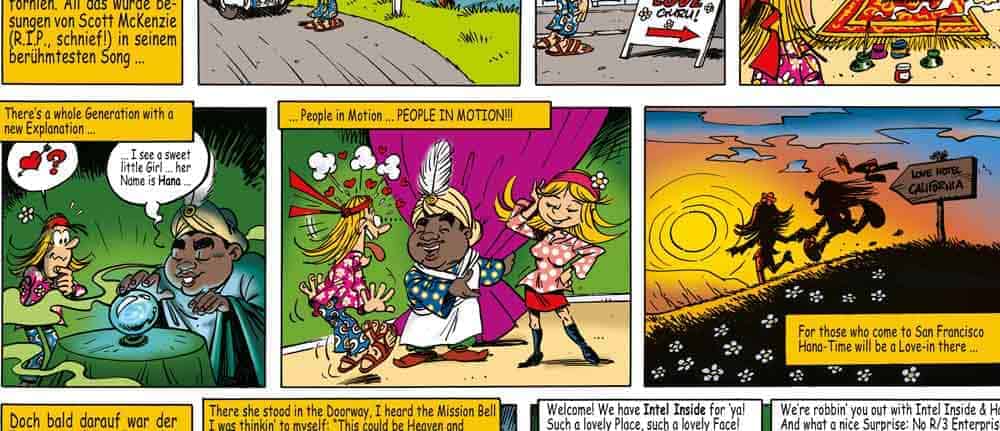Atomized Walldorf


Walldorf is a shadow of its former self. Behind the glittering façade, the substance is crumbling. The lack of interest is palpable. The car city of Detroit had two million inhabitants and was rich and powerful. The car crisis turned it into a community of 700,000 people that will soon have to file for bankruptcy. And what is Microsoft doing in Seattle?
The whole IT world was once interested in Bill Gates. Today it has become quiet and lonely around Microsoft boss Steve Ballmer. Not even the MS Word spell checker still knows his name: As I write these lines, it is waving in red.
A strong-willed SAP CEO, like Henning Kagermann of old, successfully steered the fortunes of the community together with his colleagues on the Executive Board. The center of the ERP world was Walldorf.
Today, the boardroom in Dietmar-Hopp-Allee is deserted: SAP board member Gerd Oswald and CFO Werner Brandt will hold the fort for a short time. Luisa Deplazes Delgado has been placed on the Management Board as Head of Human Resources.
The rest of the Executive Board is based abroad, although this term is difficult to interpret for a globally active company. SAP is one of the leading DAX companies with German roots and values.
What's more, if you look at one of SAP's core competencies, accounting, then SAP is a company that could only have been created in Europe. The Venetian monk Luca Pacioli lived near Venice in the 15th century.
He wrote one of the first complete treatises on double-entry bookkeeping. In his day, he was considered a polymath and is generally regarded as a pioneer of modern accounting.
You can find a story from Venice to Walldorf. And despite the expertise in terms of content, decisions about the future of SAP are increasingly being made abroad.

We live in a mobile and global economic system. Production sites and centers for innovation and development are scaled at will and moved around the globe.
The smallest unit is the home office and is regarded as the optimum of our atomized society with its division of labour. The German philosopher and sociologist Georg Simmel (1858-1918) wrote in his book "Philosophy of Money":
"In prehistoric times, personality covered and swallowed up material relationships, and in the patrimonial era, it reversed them. The monetary economy differentiates between the two, materiality or possession and personality become independent of each other."
One cause of the crisis could be capitalism, which atomizes the working masses into individual personalities and then drives them into hidden home offices. Spiegel Online reported at the end of February:
"A step back into the 19th century - or an urgent measure to revitalize Yahoo? Marissa Mayer, the new boss of the internet company, is bringing all employees back from the home office to the company headquarters." [27. 2. 2013]
Is the atomization of the economic system not the ideal solution after all? At the turn of the last century, Simmel warned against this development in his book "Philosophy of Money" and discussed ways of creating cohesion in a modern monetary society. Marissa Mayer is now making a similar argument when she says that Yahoo needs to find an internal identity and an external strategy again.
The SAP Executive Board is atomized and scattered in all directions. In the age of mobile and cloud computing, this situation is certainly manageable in terms of organization and logistics.
But how often do Management Board members Bill McDermott, Jim Snabe, Lars Dalgaard and Vishal Sikka meet with Gerd Oswald, Werner Brandt and Luisa Deplazes Delgado in the Walldorf canteen for a spontaneous exchange of views? How much energy, time and ideas are lost through mobile computing, text messaging, video conferencing and webinars? How much innovation remains between the bedroom, kitchen and home office and is not taken up by colleagues?
Perhaps Jim Snabe will get help from Marissa Mayer and rush back to Walldorf with a few good ideas. Perhaps Lars Dalgaard can also be brought back to earth from the cloud to Walldorf? It would be the last thing if the story that began in Venice in the 15th century ended in Walldorf in this decade.






